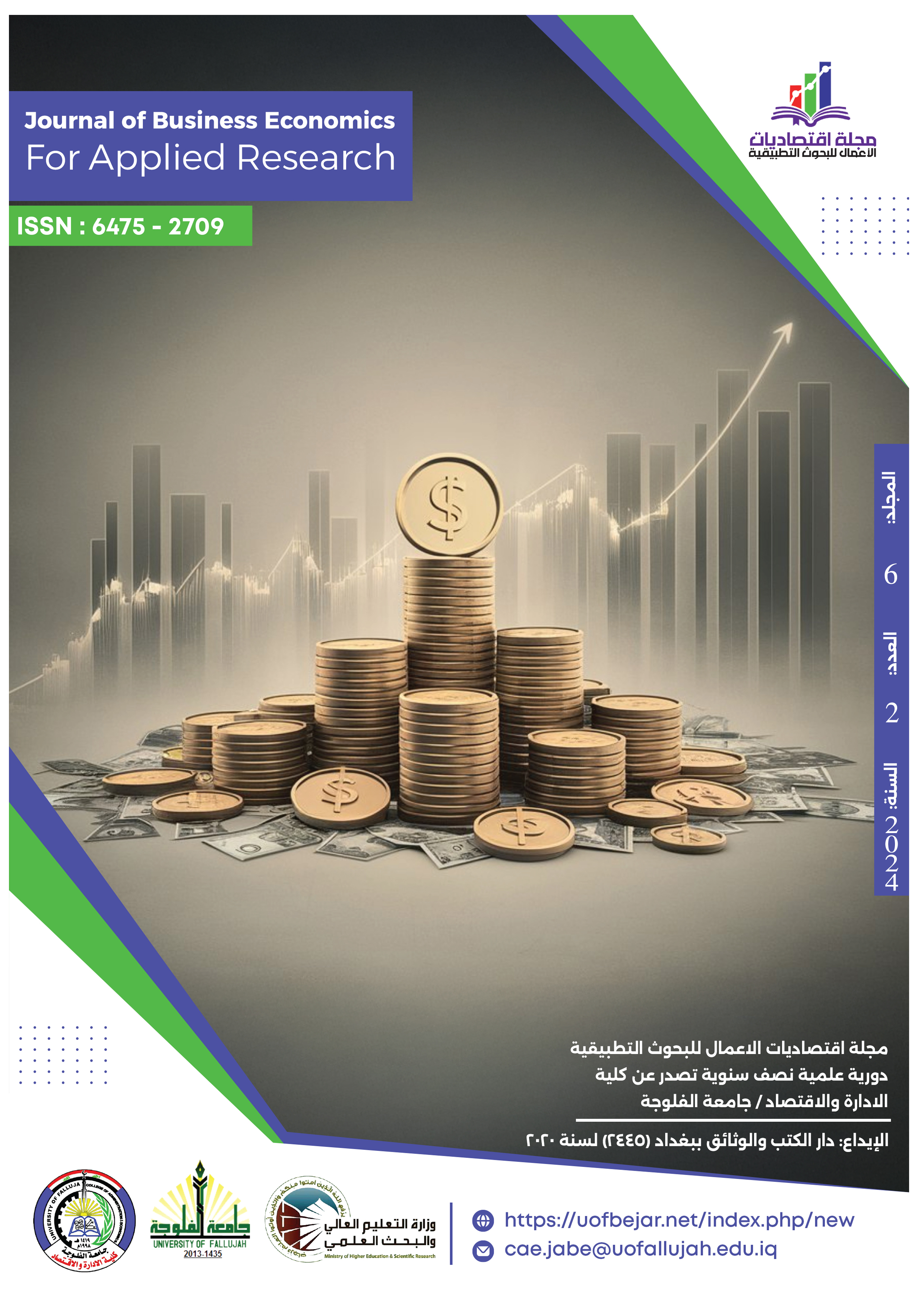Measuring and analyzing job satisfaction and developing performance for members of the Independent High Electoral Commission - Duhok Office for the year 2023
لا يوجد
Abstract
This study aims to improve and increase the efficiency of employees, and develop the work environment to achieve a higher level of job satisfaction for the staff of the Independent High Electoral Commission - Duhok Office for the year 2023, through three main dimensions: the nature of the work environment, direct compensation such as (salary amount, bonuses, incentives, penalties, and wages), and satisfaction with growth and indirect incentives such as (career advancement. The study adopted the (analytical descriptive) approach supported by graphs, tables, and statistical measures, and relied on the questionnaire form in data collection using the Likert scale with closed and open-ended questions. The case study sampling method was used to cover all 42 election centers and offices in Duhok, with 105 individuals out of a total of 174 employees, representing 60. 3% of the population, which is considered a large sample size to ensure high representation of the target community. Key findings of the study indicate that the work environment dimension and the dimension of direct incentives such as bonuses and rewards are the most influential in determining short-term job satisfaction, whereas the dimension of growth opportunities and career advancement appears to be the most impactful in the medium to long-term.



